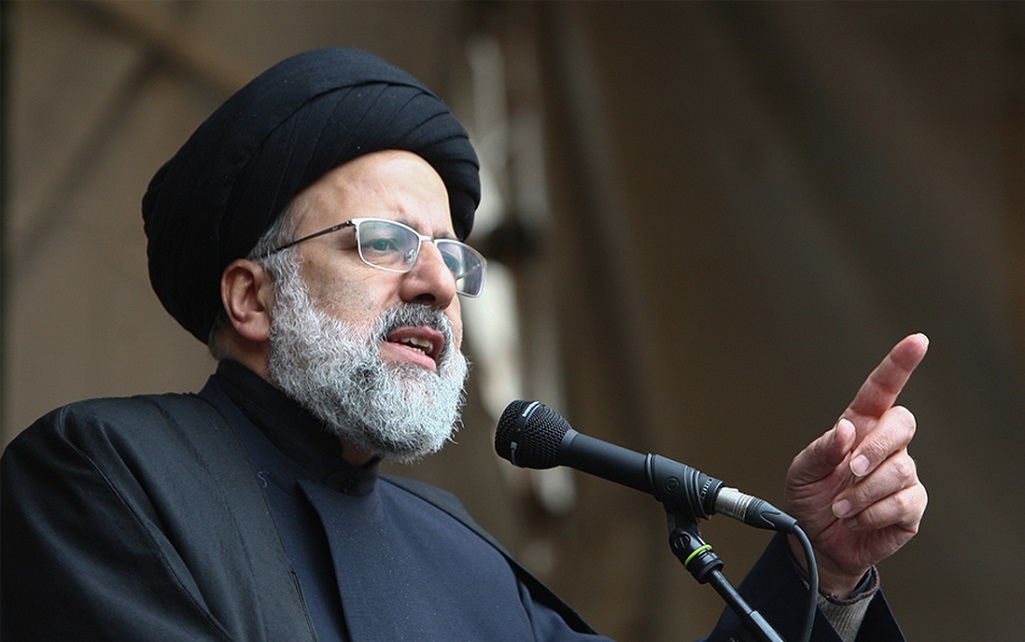Following the call made earlier today by a United Nations Special Rapporteur for an independent inquiry into the 1988 massacre and the role played by President-elect Ebrahim Raisi, JVMI is urging the Office of the UN High Commissioner for Human Rights (OHCHR) to launch a Commission of Inquiry into the mass killings and to hold Raisi accountable.
Javaid Rehman, the Special Rapporteur on the situation of human rights in the Islamic Republic of Iran, in an interview with Reuters published on 29 June 2021 said that over the years his office has gathered testimonies and evidence of the state-ordered executions of thousands of political prisoners in 1988. His office was ready to share them if the UN Human Rights Council or other body sets up an impartial investigation, Reuters wrote.
“I think it is time and it’s very important now that Mr. Raisi is the president (-elect) that we start investigating what happened in 1988 and the role of individuals,” Rehman said from London.
A probe was in the interest of Iran and could bring closure to families, he said, adding: “Otherwise we will have very serious concerns about this president and the role, the reported role, he has played historically in those executions.”
“The scale of executions that we hear imply that it was a part of a policy that was being pursued…It was not just one person,” Rehman said. The Special Rapporteur furthermore said he was concerned at reports that some “mass graves” are being destroyed as part of a continuing cover-up.
Rehman said: “We have made communications to the Islamic Republic of Iran because we have concerns that there is again a policy to actually destroy the graves or there may be some activity to destroy evidence of mass graves.”
Welcoming the position by Javaid Rehman, JVMI Director Tahar Boumedra said:
“It is long overdue for the OHCHR to investigate the extra-judicial executions of upwards of 30,000 political prisoners that were carried out by Ebrahim Raisi and other members of the 1988 Death Commissions pursuant to a fatwa by Iran’s Supreme Leader Ayatollah Khomeini.
“The families of the victims fear that Raisi’s rise to the Presidency would result in a new wave of mass killings of dissident protesters and political prisoners in Iran.
“JVMI urges High Commissioner Michelle Bachelet to form a UN Commission of Inquiry into the 1988 massacre to end the culture of impunity that is rampant in Iran.
“UN member states should not recognise the government of mass murderer Ebrahim Raisi. They should instead see to it that he faces justice at the International Criminal Court in The Hague.”
Background:
In 1988, the government of Iran massacred 30,000 political prisoners. The executions took place based on a fatwa by Supreme Leader Ayatollah Khomeini. Three-member commissions known as ‘Death Commissions’ were formed across Iran sending political prisoners who refused to abandon their beliefs to execution. The fatwa specifically targeted all affiliates of the opposition People’s Mojahedin Organisation of Iran (PMOI or MEK). Members of other groups were also executed in a second wave. The victims were buried in secret mass graves. The perpetrators continue to enjoy impunity. Since 2016, the names of nearly 100 ‘Death Commission’ members have been revealed. Many still hold senior positions in the Iranian judiciary or government. Current Judiciary Chief Ebrahim Raisi, who will take over as Iran’s next President in August, was a key member of the Tehran Death Commission.
Justice for the Victims of the 1988 Massacre in Iran (JVMI)
29 June 2021

